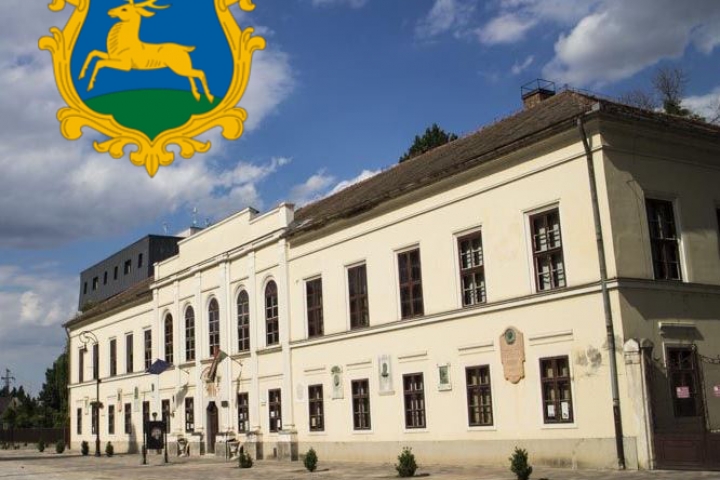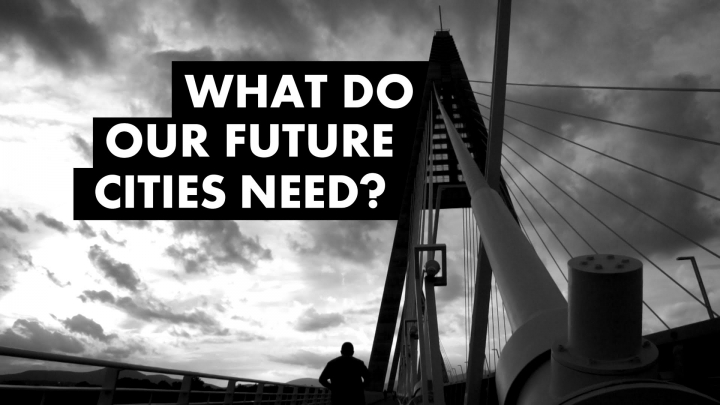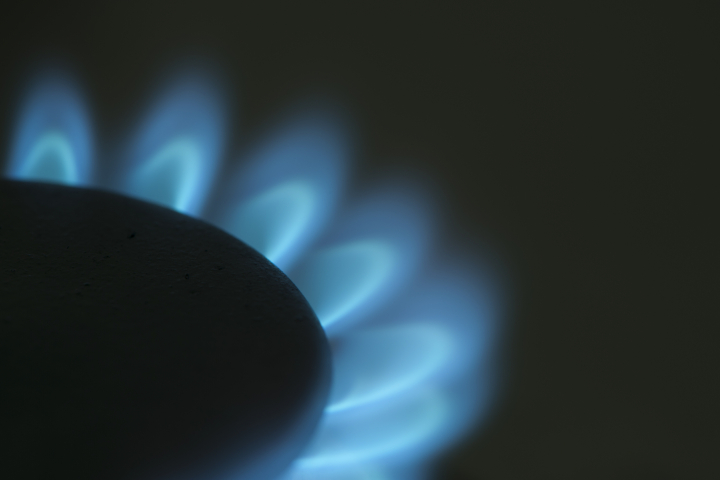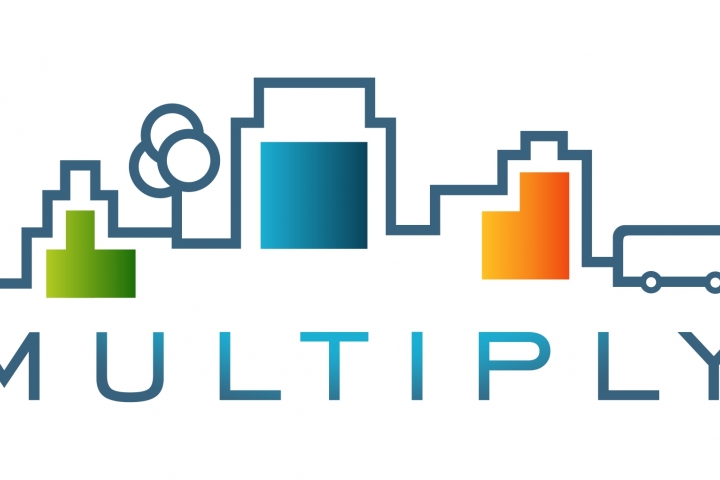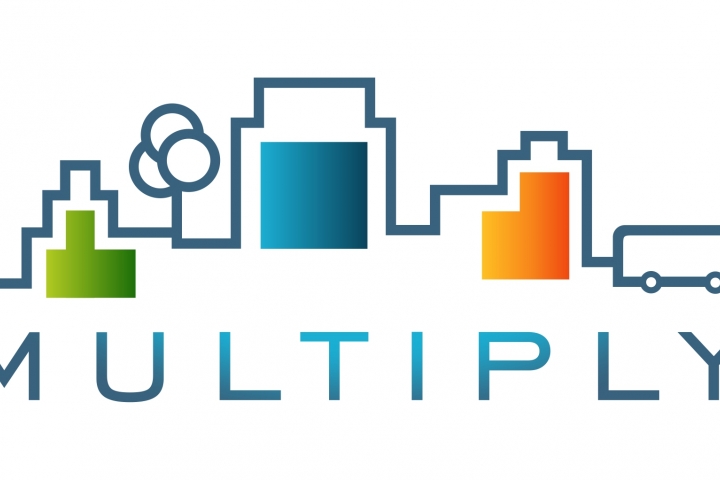Assessment of the Energy - Green Transition Component of the Hungarian Recovery and Resilience Plan
The lack of diversity in renewable energy utilization and insufficient measures to reduce energy consumption may be the biggest barriers in Hungary's green energy transition in the future. The Hungarian Recovery and Resilience Plan (HRRP) does not seem to solve these problems.
Green transition ensures a climate friendly and sustainable future, makes clean energy sources available to all citizens and provides energy security. It requires an appropriate allocation of sources available for recovery and resilience in parallel with the sustainable restructuring of the energy system improving its diversification.
The Energy - Green transition component of Hungary’s recovery and resilience plan includes the decarbonisation of the energy sector and the conversion of electricity generation to carbon-neutral. The plan also places great emphasis on promoting residential renewable energy investments and investments to increase the necessary network capacity. Decarbonising the electricity sector and increasing the use of renewable energy are important strategic goals, but they are not enough to achieve climate goals: the end-use sectors, especially buildings, which are responsible for almost 50% of energy consumption and CO2 emissions, should be given much greater emphasis in the plan.
Main problems of the HRRP identified by the experts of Energiaklub are:
-
Lack of reforms for energy renovation of buildings,
-
The planned modernisation of heating systems without energy efficiency of buildings is wasteful,
-
The first call for proposals to support residential PV investments based on the Recovery Plan is not well thought out,
-
HRRP doesn't ensure diversification that is essential for flexibility.
The full report is downloadable from the link below.
